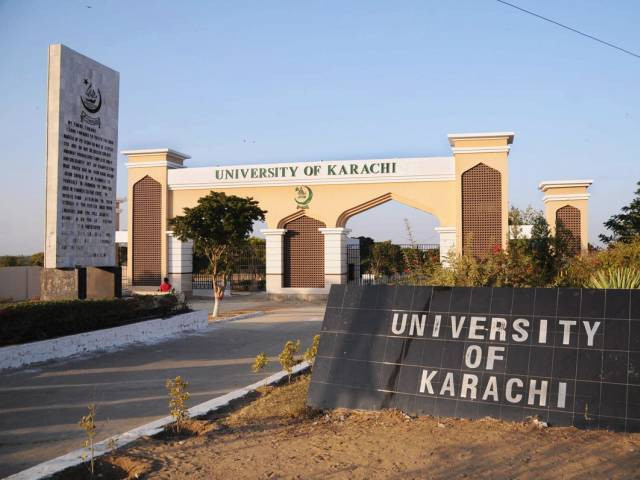Future orators: Students excel at art of speaking fluent Japanese
Ten students participate in Japanese Language Speech Contest

PHOTO: MOHAMAMD NOMAN/EXPRESS
Wasia Tahir was the first speaker at the 31st Japanese Language Speech Contest held at Japan Information and Culture Center on Sunday. She is a second year student of the English Literature department at Karachi University. Tahir has been learning the language for over a year.
The event was jointly organised by the Consulate General of Japan and Pakistan Japan Cultural Association (PJCA), Sindh. Around 10 Pakistani students participated in the contest. Most participants had learnt the Japanese language in courses of various levels conducted by PJCA. The contestants spoke on a wide range of topics such as 'My Loving Pakistan', 'Memories of Japan' and 'Child Labour'.

Learning a foreign language is the best way to learn about the culture and society of a country, said the acting consul general of Japan in Karachi, Yasuharu Shinto. He also wished this annual event will allow more people in Pakistan to learn Japanese. Speech contests help in developing good proficiency among the learners of the language, he claimed.
"Language is a very important factor for the development of economy and promote trade," said Japanese External Trade Organization country director Osamu Hisaki, while speaking to The Express Tribune. Hisaki was also one of the judges of the contest.
"When you learn a language as an adult, the diction maybe somewhat different than that of the mother tongue," said PJCA Sindh president Sadia Rashid. "However, the basic need to communicate with others is the same."
She added that the students of the Japanese language course have had pretty difficult challenges to face including a different language family group and different script. But, many of them overcame the challenges, she added.
A contestant, Qamaruz Zaman, believed that learning the language would help him travel to Japan and pursue a career in information technology. Zaman is a class-12 student at a government college.
Published in The Express Tribune, March 28th, 2016.



















COMMENTS
Comments are moderated and generally will be posted if they are on-topic and not abusive.
For more information, please see our Comments FAQ